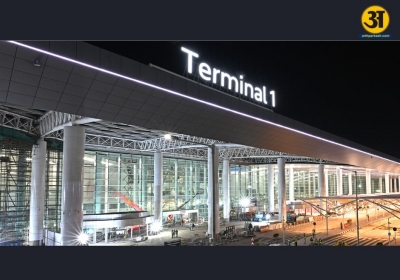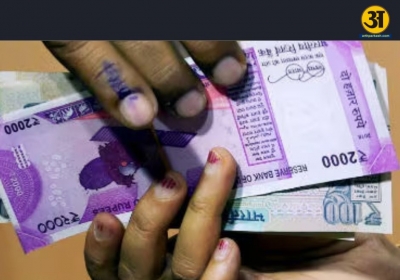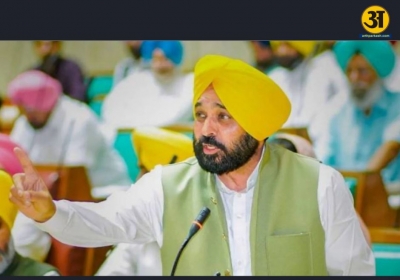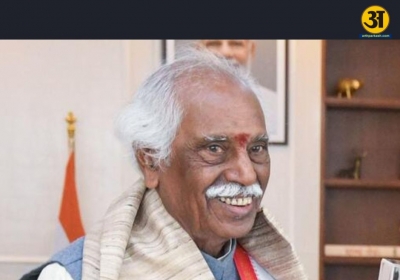
Supreme Court Rejects Petition Seeking to Restrain Political Alliance from Using Acronym "I.N.D.I.A.
Supreme Court Rejects Petition Seeking to Restrain Political Alliance from Using "I.N.D.I.A." as Name
- By Anubhuti --
- Friday, 11 Aug, 2023
Supreme Court Rejects Petition Seeking to Restrain Political Alliance's Name, Citing Lack of Substance
The Supreme Court of India has dismissed a petition that aimed to prevent a political alliance consisting of 26 parties from using the acronym "I.N.D.I.A." (Indian National Developmental Inclusive Alliance) as their alliance's name. The bench, led by Justice SK Kaul, remarked that the plea seemed to be filed for the purpose of seeking publicity rather than addressing substantial legal concerns.
Publicity-Seeking Plea Dismissed by Court
Justice Kaul expressed skepticism about the petitioner's intentions, questioning their interest in the matter and suggesting that if there were concerns about violation of election norms, those should be raised with the Election Commission. He remarked, "You want publicity, complete publicity!" The petitioner responded, stating that if publicity were their goal, they would have engaged with media outlets, which they had refrained from doing.
In response to the petitioner's argument that the alliance's name contradicted moral standards, Justice Kaul emphasized that the court was not in a position to dictate morality within the realm of politics. He noted, "We are not going to determine morality in politics," underscoring the court's limited jurisdiction in this regard.
Also Read:
Court Rejects Petition and Emphasizes Futility
The court signaled its lack of inclination to entertain the plea, stating that there was no reason for interference when applications had already been filed with the Election Commission of India regarding the matter. Justice Kaul criticized the wastage of time on such trivial issues and expressed disappointment over the matter's consideration in the court.Upon the petitioner's request to withdraw the case, the Supreme Court granted permission, subsequently dismissing the petition as withdrawn.
Plea's Argument and Concerns
The petitioner's plea had urged the Press Council of India to enforce a regulation preventing media agencies from using the name "INDIA" in reference to the opposition alliance. The petitioner argued that party workers were employing slogans to create a misleading narrative that the ruling party would oppose the nation "INDIA" in upcoming elections. They further contended that such slogans and statements circulating in national and international media not only undermined democratic principles but also aimed to manipulate public sentiment for political gain.
The petitioner criticized the use of the nation's name for personal political agendas, suggesting that this approach contradicted ethical standards and projected a misleading sense of nationalism. They pointed out that the Emblems and Names (Prevention of Improper Use) Act of 1950 prohibited the registration of the name "INDIA."
In conclusion, the Supreme Court's dismissal of the petition underscores the judiciary's focus on substantial legal matters rather than cases that appear to be driven by publicity-seeking motives. The court's refusal to determine morality in politics aligns with its jurisdictional limitations. The case highlights the importance of addressing substantial concerns through appropriate legal channels and the potential futility of pursuing cases that may not have strong legal grounds.
Also Read:





